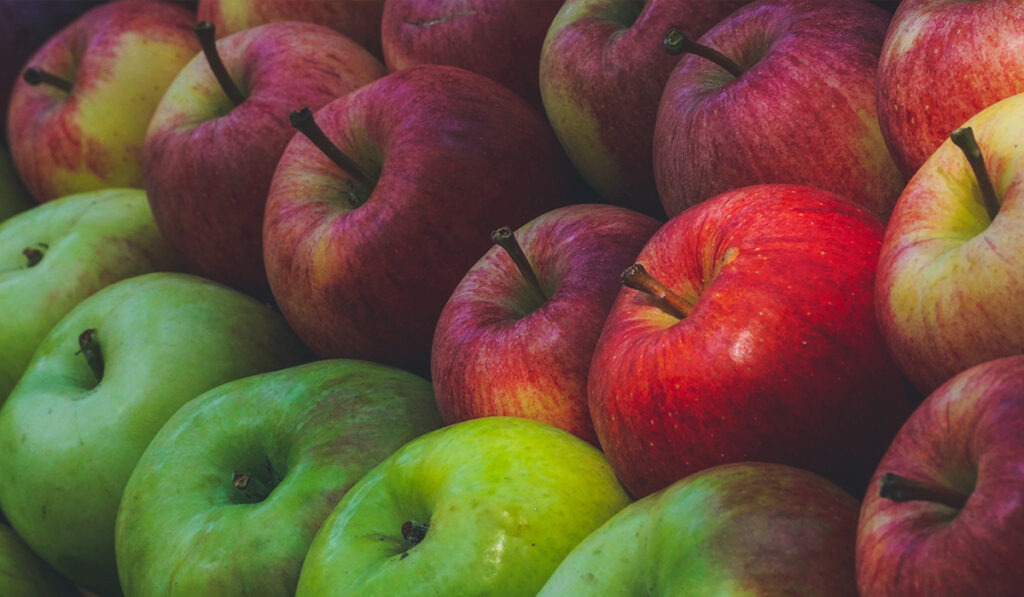Four Ways to Keep Your Eyes Healthy This Fall
Here are four ways to make sure your eyes stay healthy this fall, and throughout the rest of the year.
Many people enjoy the variety of indoor and outdoor activities of autumn. From hiking to relaxing by a warm fire, there are many ways to celebrate the season. To make sure your eyes stay healthy this fall—and throughout the rest of the year—follow these four tips to protect those peepers.
Banish Dry Eyes that Fall Air Brings
Outdoor fires, heated rooms and autumn breezes can lead to burning, stinging and watery eyes. Dry and/or cold air is often the culprit, causing dry eyes. Use artificial tears to keep your eyes moist. Try to avoid overly-warm rooms, wind or hair dryers—things that dry out your eyes even more. Humidifiers can help in dry rooms.

Avoid Frightful Problems from Costume Contact Lenses
Costume contact lenses can really enhance a Halloween look. However, you’ll want to avoid the scary consequences of wearing decorative contact lenses if they were not prescribed by an eye doctor who has examined your eyes. Non-prescription contact lenses are illegal, and they may not fit properly or be germ-free. That leads to painful, sometimes blinding eye infections. Be sure to have an eye exam and get properly fitted for the colored contacts you want.
Raking Leaves? Protect Those Eyes!
When you rake or blow leaves, pieces of plant material can get into your eyes and cause an eye infection called fungal keratitis. Be sure to wear protective glasses or goggles to keep your eyes safe when doing any yard work. Wearing contact lenses while doing yard work? Be sure to disinfect them immediately afterwards.

Enjoy a Feast for Healthy Eyes
Reap the harvest of fall’s healthy foods. This season’s fruits and vegetables offer a bounty of eye-friendly nutrients, including antioxidants like vitamin C, vitamin A and other important vitamins and minerals. Enjoy these fruits and vegetables at their autumn peak:
- Apples
- Cauliflower
- Pears
- Pomegranates
- Squash
- Turnips